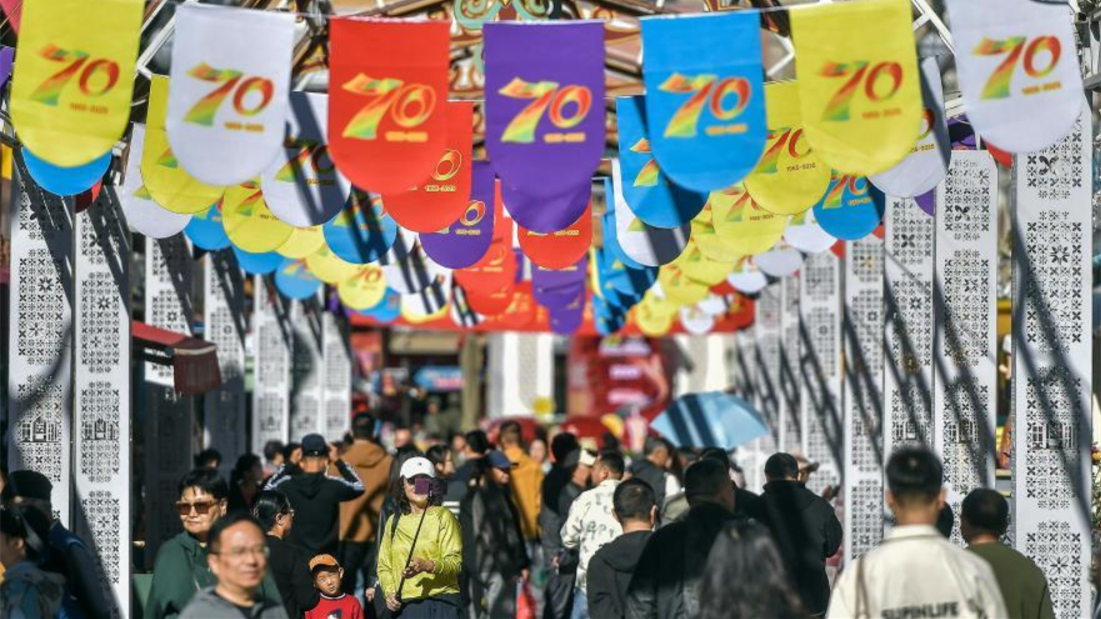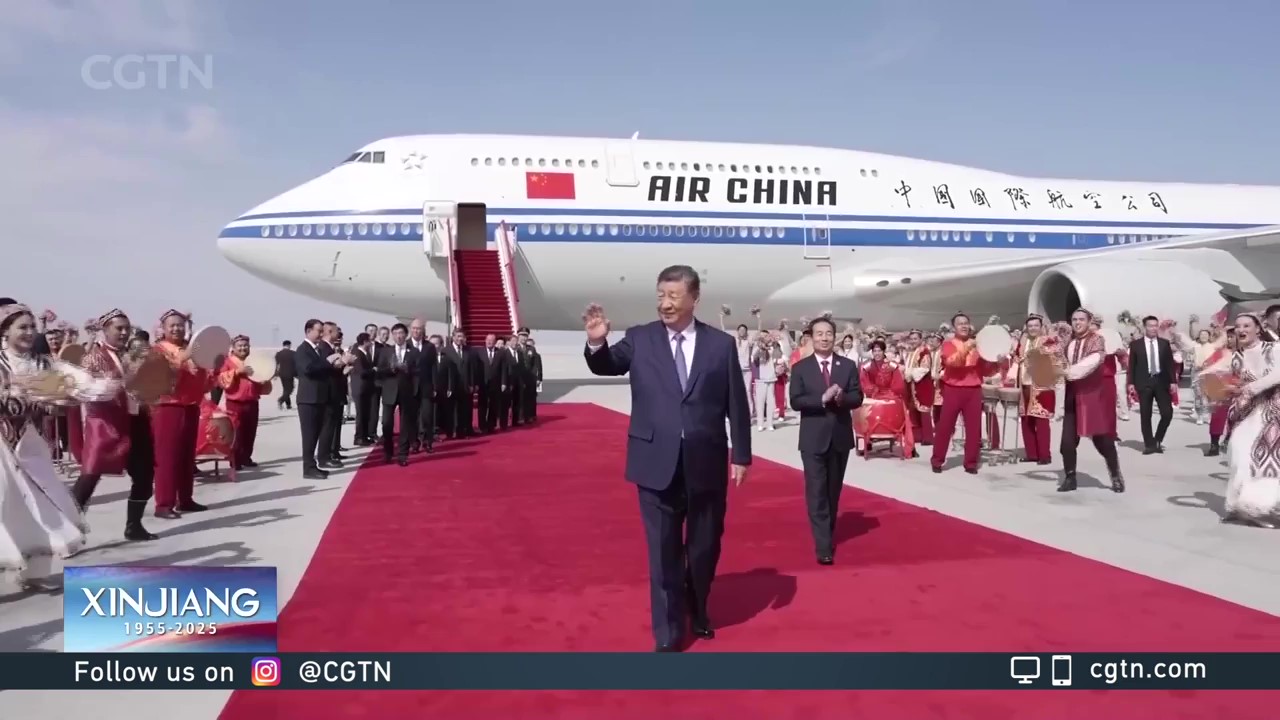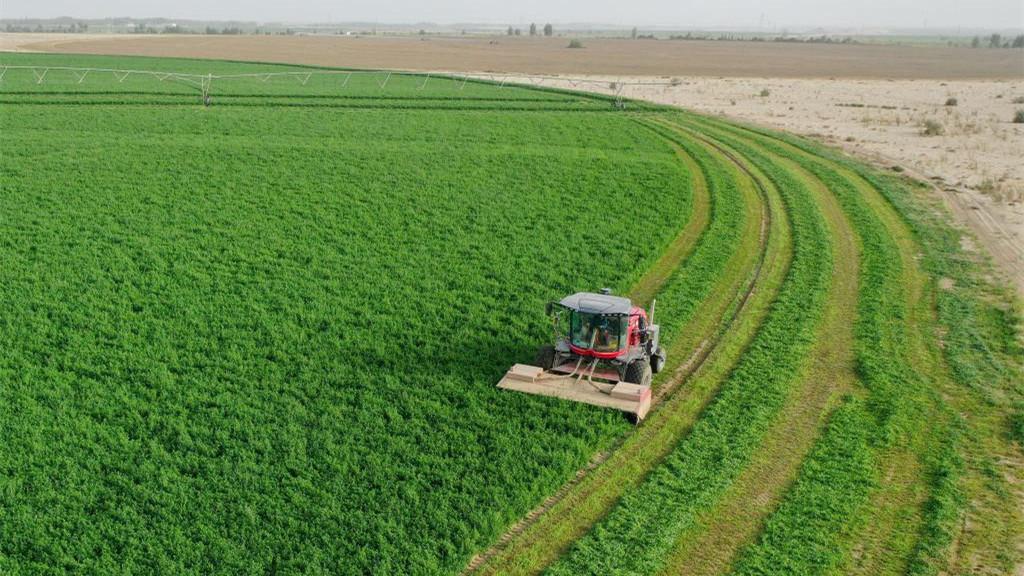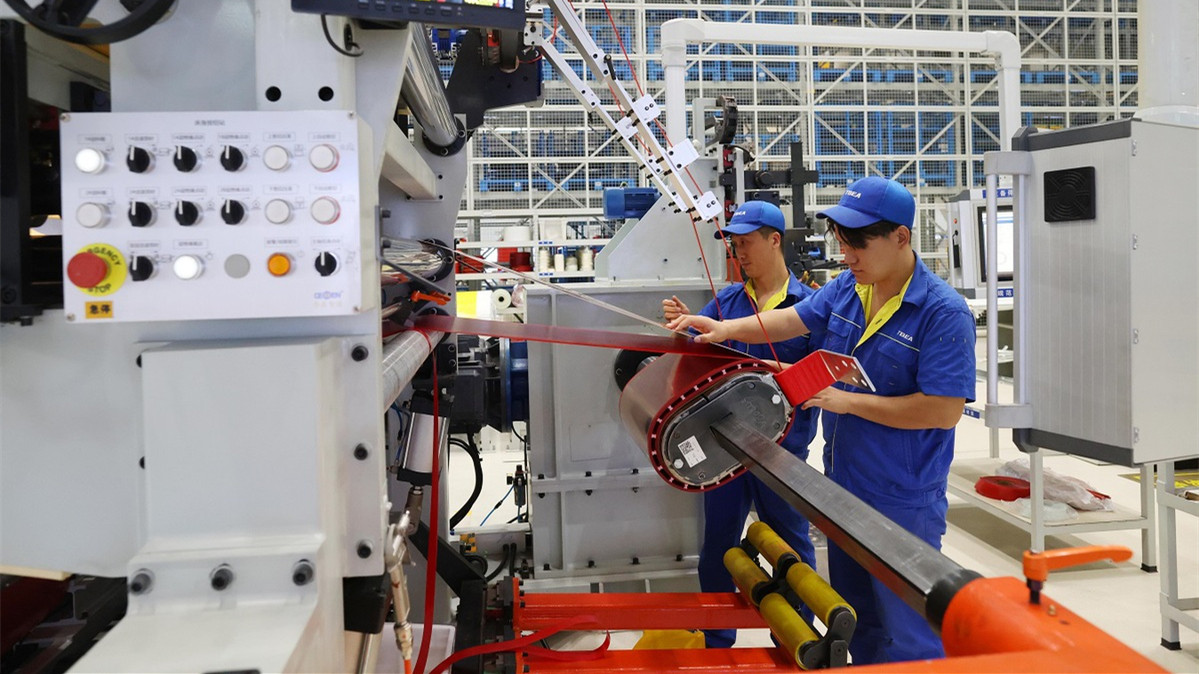China's Xinjiang Uygur Autonomous Region has achieved broad development and sustained stability, debunking Western misinformation stemming from geopolitical rivalry, an Egyptian expert has said.
After a recent visit to Urumqi, capital of Xinjiang, to attend a symposium on counter-terrorism, Mostafa Amin, a researcher on Arab and international affairs, observed that Xinjiang enjoys a high level of security, stability, and economic prosperity.
Depicting his visit to Xinjiang as "very special," Amin said, "Development and progress are evident in the roads, architecture, excellent infrastructure, and the sense of order."
The researcher highlighted the impact of the Chinese government's investment across all facets of life, including "numerous and diverse projects" and ubiquitous green spaces, which he viewed as a reflection of the government's commitment to residents' health and the local ecosystem.
Noting that he moved freely and toured Urumqi alone, and visited several mosques, including one dating back approximately 300 years, he said that what he saw was a "safe place" where citizens enjoy "great freedom."
Amin also dismissed Western allegations of so-called "persecution" in Xinjiang. "The claim of persecution in China by the United States and some Western powers is false."
He regarded such accusations as part of a broader strategy linked to U.S. hegemony and its rivalry with China, with Washington using the issue as a tool of pressure against China.
He commended the pivotal role of China's top leadership in the region's transformation, underscoring that Chinese President Xi Jinping pays special attention to Xinjiang, a commitment that is evidently translating into profound and tangible progress.
This high-level commitment is reflected not only in the general development the region enjoys but also in the strategic decision to grant the region high autonomy, he said, deeming this policy instrumental in fostering development and prosperity.
The leadership's comprehensive strategy, he said, has led to stability and security, hence the "complete eradication of all terrorism routes" within the region.
"The overall effect is a region enjoying significant cultural freedom," he said.

.png)


.png)
.png)
.png)
.png)
.jpg)
.png)
.jpg)
.png)



.png)
.jpg)
.jpg)

.jpg)

.png)
.png)
.png)
.png)
.png)
.png)
.png)
.png)
.png)
